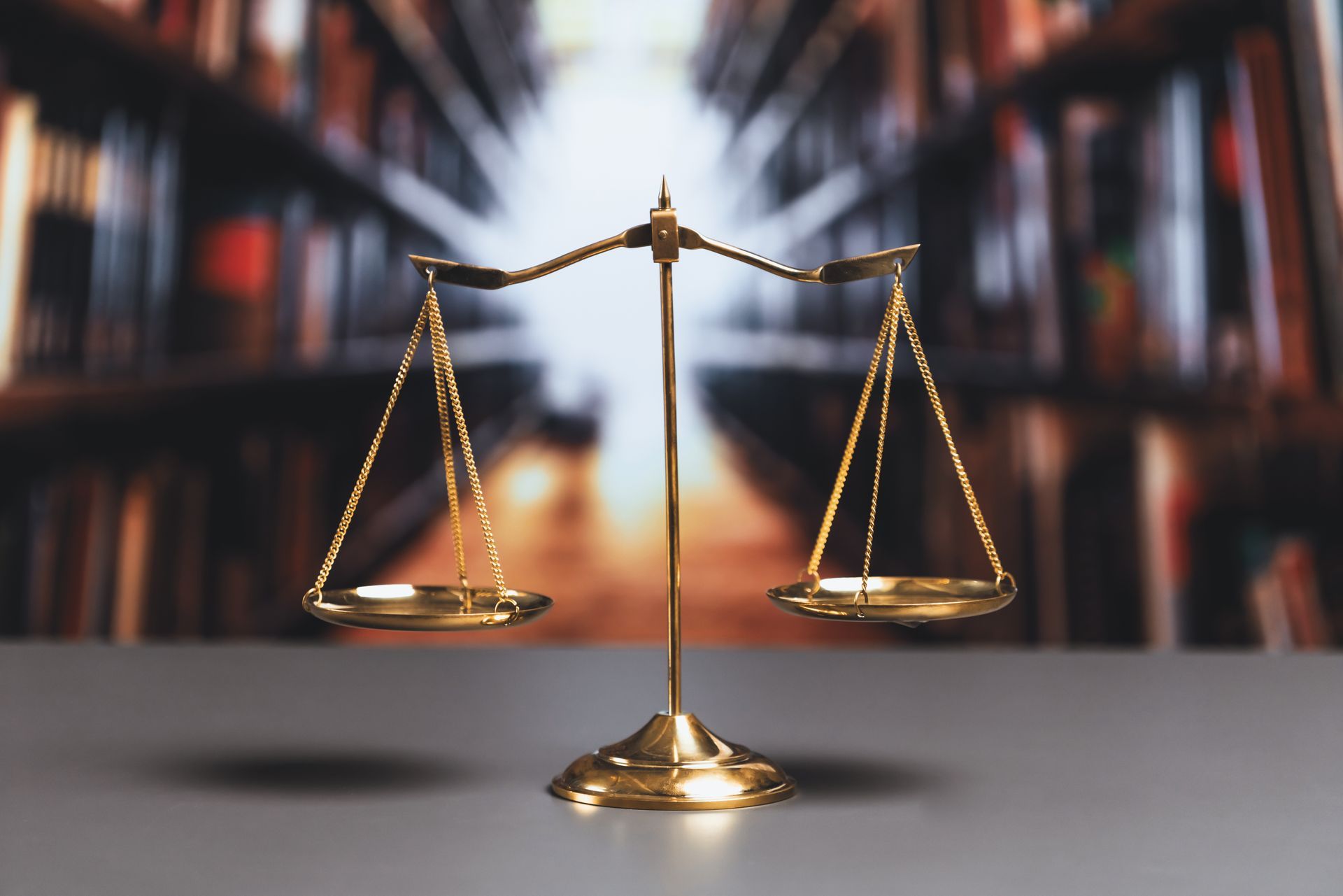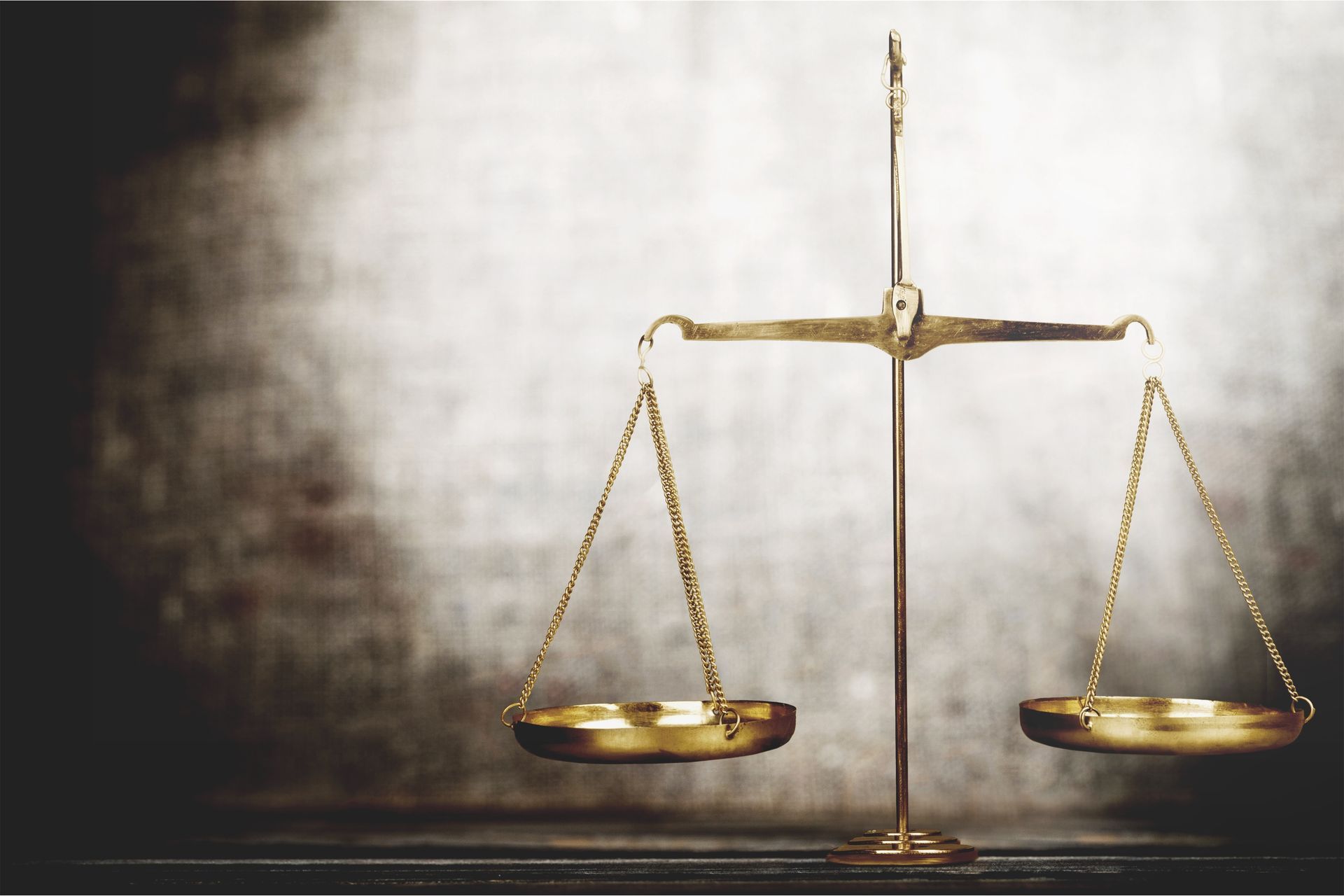Difference Between Simple & Aggravated Assault?
Difference Between Simple and Aggravated Assault
Assault is a category of crime frequently misunderstood — especially when it comes to the difference between a "simple" assault and an "aggravated" assault. These are the differences in the definitions and legal ramifications in Rancho Cucamonga, California, and how a criminal defense lawyer can provide crucial assistance if you have been accused of assault.
What Is Assault?
In the legal context, "assault" means putting someone — intentionally — in the position that they reasonably apprehend imminent bodily harm or direct offensive contact. In criminal law, this act is also referred to as "simple assault" and can result in misdemeanor charges. Since assault hinges upon the reasonable apprehension of harm, it doesn't matter if the victim only has a minor bruise or scratch. Furthermore, it is not necessary for the accused to cause injury or even make actual physical contact. Any unwelcome touching or threat of unwelcome touching is enough to make out the offense. This means that even the simple act of raising a fist in anger could constitute assault.
Simple assault is the least serious type of assault charge and brings the lightest punishment. Of course, if someone has a criminal history from committing prior offenses, the sentence they would receive would be greater than what a first-time offender would get. Depending on your jurisdiction, the sentence for a simple assault conviction could include a fine of up to $1,000, up to six months in jail, or both.
Aggravated Assault
Unlike simple assault, aggravated assault means that someone inflicted — or tried to inflict — a serious injury upon another person, and without regard for that person's life or well-being. There are a number of factors to consider when assessing whether someone's conduct has passed the threshold between simple and aggravated assault.
- Use of a weapon — especially a firearm. This can elevate the crime to felony aggravated assault if the weapon can cause death or great serious harm. The weapon could be a gun, a knife, or any object used dangerously as a weapon. A rock, for example, isn't normally a weapon, but if used to strike someone — or used to threaten bodily harm to someone — the rock is considered a weapon.
- Actual serious physical injury caused to the victim.
- Connection to another felony crime — robbery or sexual assault, for example.
- Victim is a member of a "protected class" — designated in legislation. Protected classes include the elderly, the disabled, healthcare providers, social services personnel, and police officers. For policy reasons, society wants to deter attacks on certain vulnerable groups and people who play particular, essential roles in the community. It does this by assigning greater punitive consequences for those instances.
Understandably, the sentence for an aggravated assault conviction would be much higher than for simple assault. Even a misdemeanor conviction for aggravated assault could translate into a fine of up to $10,000, and up to one year in jail. Weapons would likely be confiscated, and the defendant could be ordered to make restitution, do community service and anger management counseling, and follow probation terms.
For felony aggravated assault, punishment could include all of these in addition to much more jail time. In states with Three Strikes laws, a third felony conviction would result in significant jail time, up to life.
Why Should You Speak with a Criminal Defense Lawyer
It is always recommended to consult with an attorney who specializes in criminal law if you have been charged or think you are about to be charged.
Legal Defenses to Charges of Assault
A criminal attorney will listen to your story and assess whether you have a legal defense to the allegations of assault. Possible defenses include:
- Defense of self or of someone else. Self-defense is a valid legal defense if reasonable force was used to protect oneself or someone else under the circumstances.
- Mistaken identity. Witness identification may be challenged — especially if the accused has an alibi or the description of the perpetrator was vague or erroneous.
- No intent to assault. This is usually argued if a simple assault occurred by accident.
- Inability to inflict the force on someone. This could apply, for example, if the assault was committed in a certain way and the accused could not have done it due to infirmity. In cases of aggravated assault with a weapon where there is alleged to have been a firearm, as another example, this issue could be raised if the gun had been unloaded or unable to discharge.
Negotiations with the Prosecution
Sometimes, the charges against an accused will have changed by the time the case gets to trial or hearing. Someone might be initially charged with simple assault until the police gather usable evidence to make out aggravated assault — for example, locating a weapon and confirming fingerprints or forensic information on it. A criminal defense attorney can liaise with the police or prosecutor so that if the charges are expected to be upgraded, they can facilitate the accused's cooperation.
Alternatively, a charge of aggravated assault could potentially be downgraded if the defense finds and provides evidence that contradicts what the police allege a weapon or the severity of the victim's injuries. It is extremely difficult to convince prosecutors to downgrade an aggravated assault charge to one of simple assault, but it is not impossible with the right circumstances and a good lawyer.
Of course, your criminal attorney can conduct plea or sentence negotiations with the prosecution. Guilty pleas tend to result in more favorable penalties because it means the court's time isn't wasted on conducting a lengthy trial — and because the accused shows remorse. If both sides agree on an appropriate punishment, the court is also more likely to accept the joint submission. Judges do not have to agree to whatever the defense and prosecution believe is reasonable, but many place some deference when the parties have come to a reasonable agreement.
Criminal law is a highly technical area and can be difficult to navigate without legal expertise. That's why if you are potentially dealing with assault charges in Rancho Cucamonga, California, contact us today. You should seek legal advice from a lawyer specializing in criminal law at the earliest instance.










